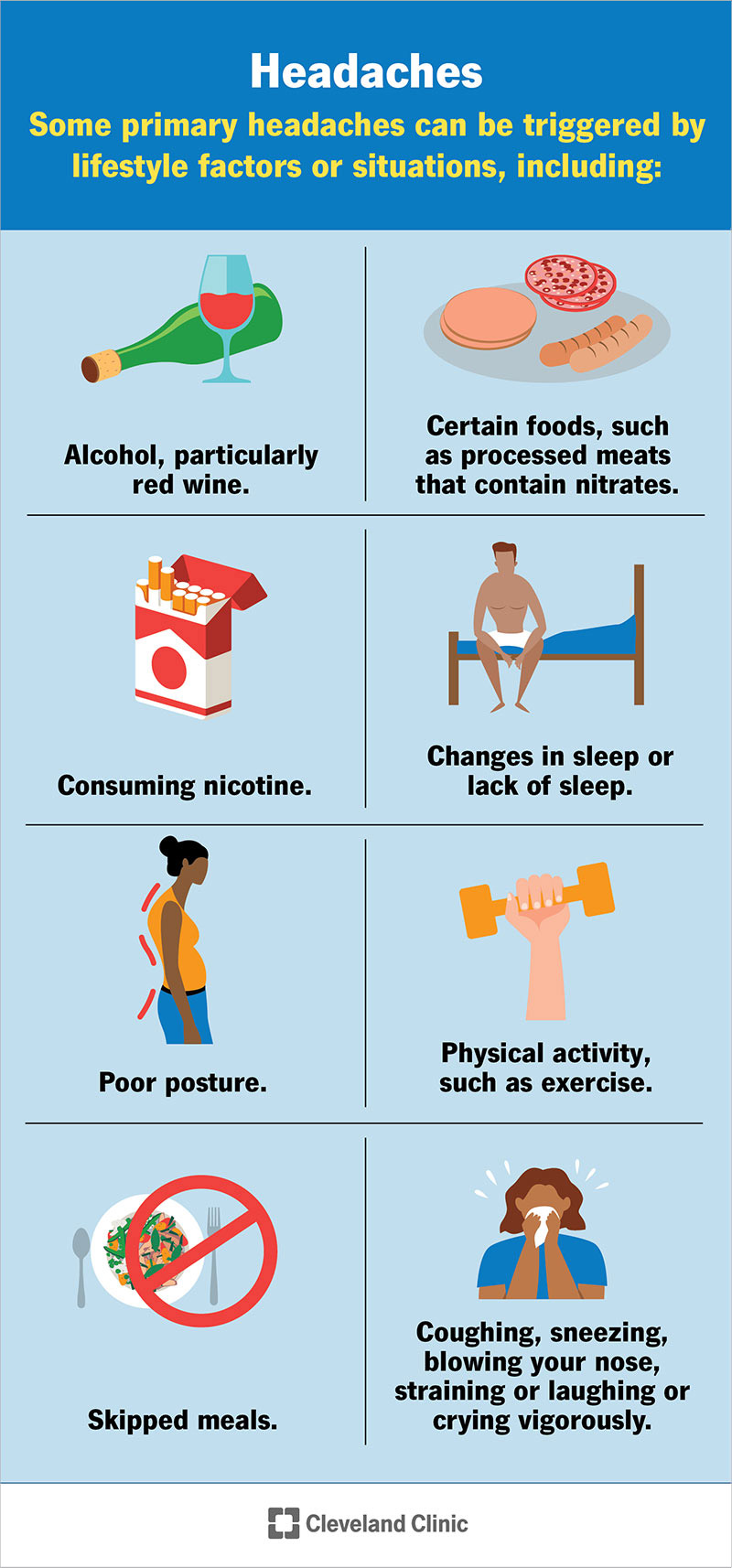You know those days when a nagging headache creeps up on you and all you want is relief? Well, fret no more, because this article is here to help! In the following paragraphs, we will explore the various causes of headaches and the multitude of treatments available to alleviate your discomfort. From tension headaches to migraines and everything in between, we’ve got you covered. So, put your worries aside and let’s discover the root causes and effective solutions for those pesky headaches that tend to disrupt your day.
Headaches: Causes and Treatments
Headaches are a common ailment that many people experience at some point in their lives. Whether it’s a dull ache or a throbbing pain, headaches can be quite unpleasant and can significantly affect your daily activities. Fortunately, there are various causes and treatment options available to alleviate the discomfort. In this article, we will explore different types of headaches, their causes, and effective treatment options.
Types of Headaches
Before delving into the causes and treatments of headaches, it is important to understand the different types of headaches that individuals may experience. Broadly classified, there are two main types of headaches: primary headaches and secondary headaches.
Primary Headaches
Primary headaches refer to headaches that are not caused by an underlying medical condition. Examples of primary headaches include tension headaches, migraines, and cluster headaches. Tension headaches are the most common type, often characterized by a dull, squeezing pain that can last from a few hours to several days. Migraines, on the other hand, are intense headaches that are often accompanied by other symptoms such as nausea, sensitivity to light, and visual disturbances. Cluster headaches are relatively rare but are known to cause extremely severe pain on one side of the head, typically around the eye.
Secondary Headaches
Secondary headaches, as the name suggests, are headaches that are caused by underlying medical conditions or other factors. These may include head injuries, sinus infections, medication side effects, or even an overuse of pain medications. Identifying the cause of secondary headaches is crucial in order to treat the underlying condition and effectively manage the headache itself.
Causes of Headaches
Headaches can have various causes, and identifying the specific cause can help in determining the most appropriate treatment. Some common causes of headaches include stress, sleep disorders, muscle tension, sinusitis, dehydration, and eye strain.
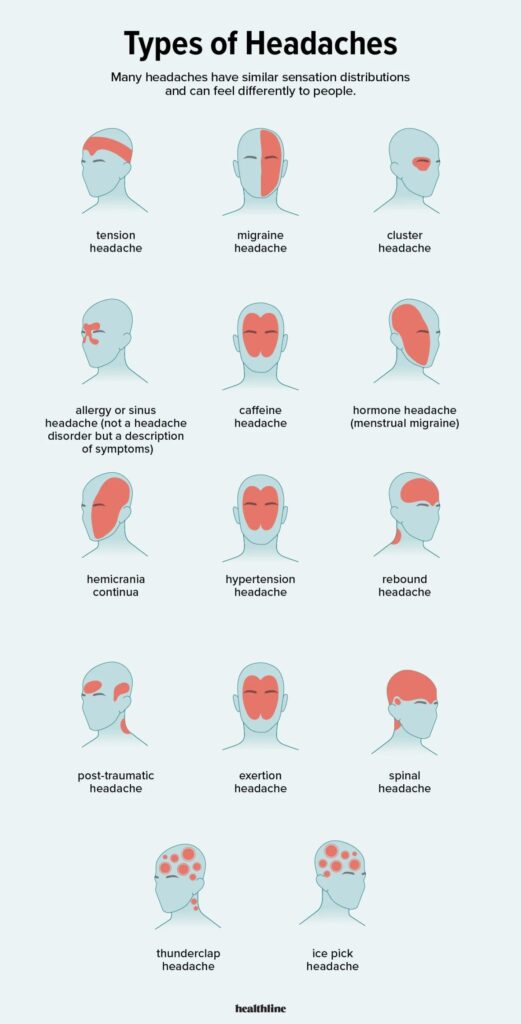
Stress
Stress is a significant contributor to headaches. When you are under stress, your body undergoes physical and emotional changes that can lead to tension headaches or migraines. It’s essential to find healthy ways to manage stress, such as practicing relaxation techniques, engaging in physical activity, or seeking professional help if needed.
Sleep Disorders
Lack of sleep or sleep disorders like insomnia can trigger headaches. It’s important to prioritize and maintain a consistent sleep schedule to ensure you are getting enough restorative sleep. Establishing a bedtime routine, creating a comfortable sleep environment, and avoiding stimulating activities before bed can improve the quality of your sleep and potentially reduce the frequency of headaches.
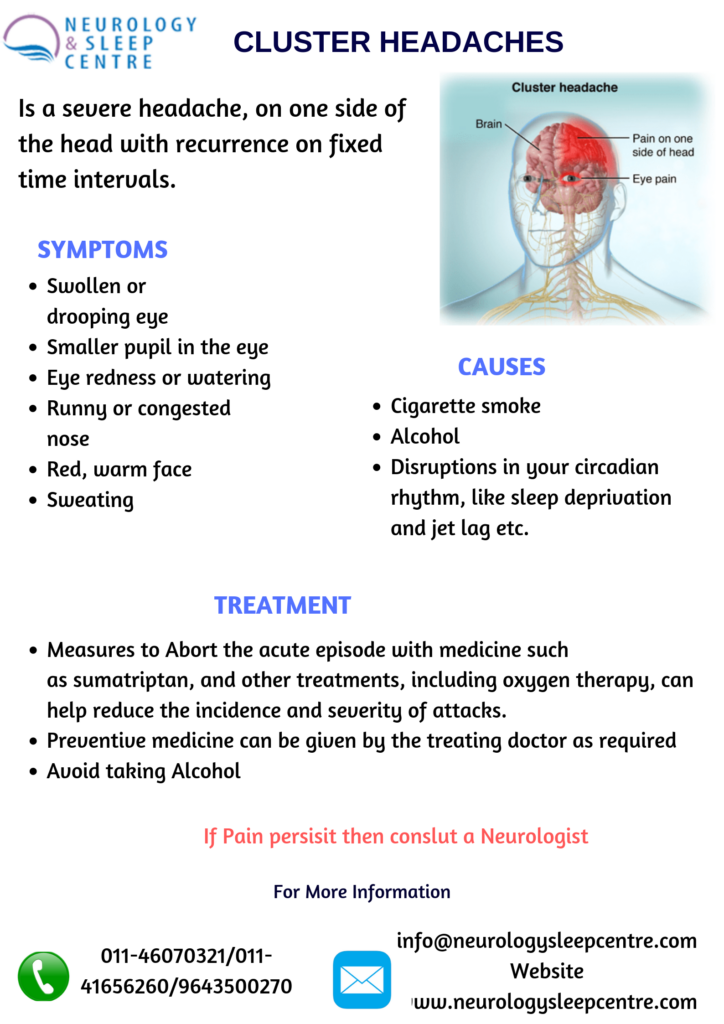
Muscle Tension
Muscle tension in the head, neck, and shoulders can contribute to headaches. This tension can be caused by prolonged periods of poor posture, stress, or overuse of certain muscles. Incorporating stretching exercises, practicing relaxation techniques, and maintaining good posture can help alleviate muscle tension and reduce the occurrence of tension headaches.
Sinusitis
Sinusitis, or inflammation of the sinus cavities, can cause headaches. This type of headache often presents as a deep, throbbing pain in the forehead or around the eyes. Treating the underlying sinus infection or congestion through nasal decongestants, saline irrigation, or prescription medications can help alleviate sinus headaches.
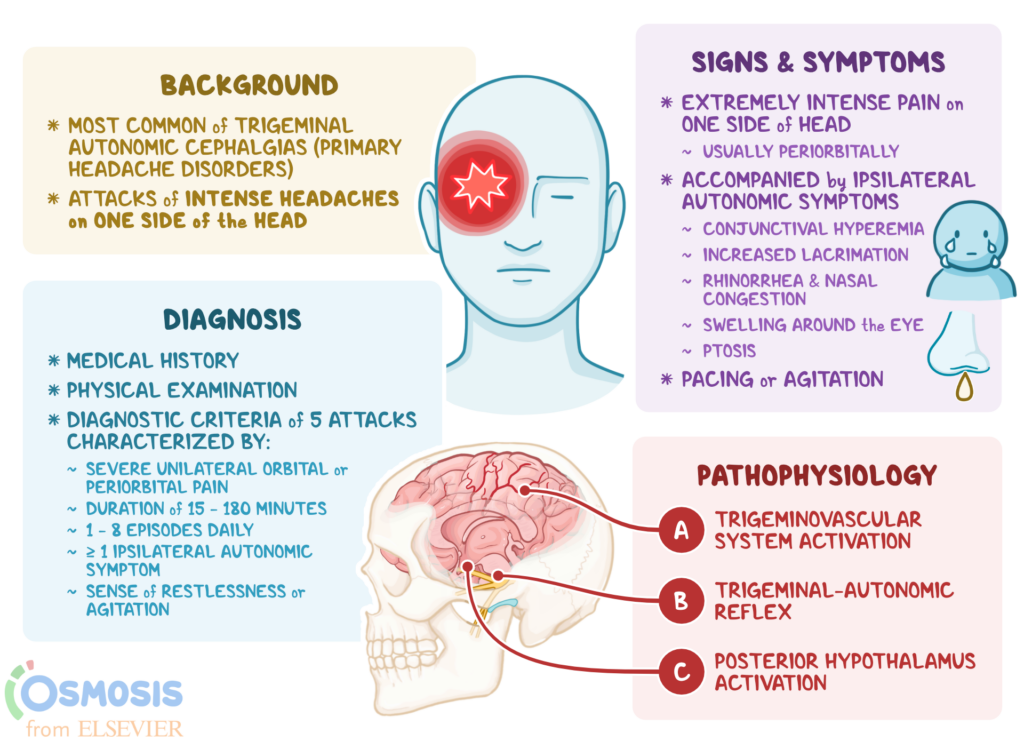
Dehydration
Dehydration is a common trigger for headaches. When you do not drink enough fluids, your body can become dehydrated, leading to headaches as a result. To prevent dehydration-related headaches, it is essential to stay hydrated throughout the day by drinking an adequate amount of water and avoiding excessive consumption of dehydrating substances such as alcohol and caffeine.
Eye Strain
Prolonged periods of intense visual focus, such as staring at a computer screen for extended periods, can strain the eyes and result in headaches. Taking regular breaks to rest your eyes, ensuring proper lighting and ergonomics, and considering computer glasses or blue light filters can help reduce eye strain and minimize related headaches.
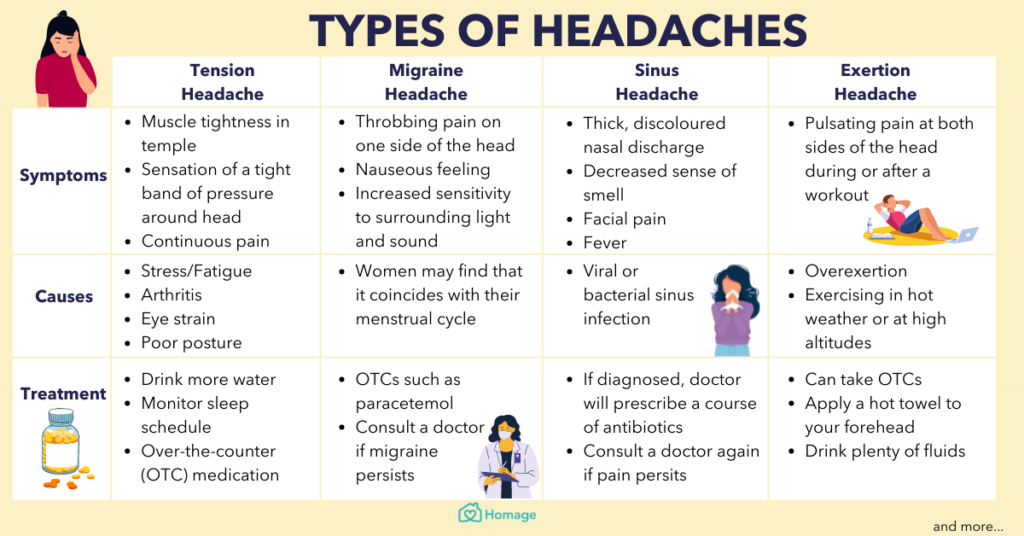
Treatment Options
When it comes to managing headaches, there are various treatment options available, ranging from over-the-counter medications to lifestyle changes and alternative therapies.
Over-the-Counter Medications
For mild to moderate headaches, over-the-counter pain medications such as nonsteroidal anti-inflammatory drugs (NSAIDs) can provide relief. Common examples include ibuprofen and acetaminophen. However, it is crucial to follow the recommended dosage guidelines and consult a healthcare professional if headaches persist or worsen.
Prescription Medications
For individuals experiencing severe or chronic headaches, prescription medications may be necessary. Examples include triptans for migraines, muscle relaxants for tension headaches, and preventive medications for recurrent or persistent headaches. It is important to consult a healthcare professional to determine the most appropriate medication based on the specific type and severity of your headaches.
Lifestyle Changes
In addition to medication, making certain lifestyle changes can significantly reduce the frequency and intensity of headaches. These changes can include maintaining a regular sleep schedule, managing stress through relaxation techniques or therapy, improving posture, and staying hydrated. It may take time to find the right balance of lifestyle modifications, but the long-term benefits can be highly rewarding.
Alternative Therapies
In some cases, individuals may seek alternative therapies to manage their headaches. These therapies can include acupuncture, massage therapy, herbal supplements, or biofeedback. While evidence may vary on the effectiveness of these therapies, some individuals find them helpful in reducing the frequency and intensity of their headaches. It is essential to consult with a qualified healthcare professional before starting any alternative therapy.
Prevention Strategies
Preventing headaches from occurring in the first place can be extremely beneficial in minimizing their impact on your daily life. Several strategies can help in preventing headaches.
Identifying Triggers
Identifying and avoiding triggers that consistently lead to headaches can significantly reduce their occurrence. Keeping a headache diary where you note down potential triggers such as certain foods, environmental factors, or activities can help establish patterns and enable you to make necessary changes.
Regular Exercise
Engaging in regular physical activity can help reduce the frequency and severity of headaches. Exercise releases endorphins, which act as natural painkillers and mood enhancers. Moderate-intensity exercises such as walking, swimming, or cycling can be beneficial. However, it’s important to start slowly and gradually increase the intensity to avoid triggering headaches.
Adequate Sleep
Ensuring you get enough restorative sleep is crucial in preventing headaches. Establishing a consistent sleep routine, creating a comfortable sleep environment, and practicing good sleep hygiene can improve the quality and quantity of your sleep, thereby reducing the likelihood of headaches.
Stress Management
Effective stress management techniques are integral in preventing stress-induced headaches. This can include practicing relaxation techniques such as deep breathing exercises, meditation, yoga, or engaging in activities that bring you joy or peace. Finding healthy and sustainable ways to manage stress can have a positive impact on your overall well-being and reduce the occurrence of headaches.
Conclusion
While headaches can be bothersome and disruptive, understanding their causes and treatment options can help you effectively manage and alleviate the discomfort. Whether it’s making lifestyle changes, identifying triggers, or seeking medical intervention when necessary, there are numerous ways to find relief from headaches. Remember to consult with a healthcare professional for personalized advice and guidance on the most suitable treatment options for your specific condition. By taking proactive steps to prevent and treat headaches, you can regain control over your life and experience fewer interruptions due to these unpleasant sensations.
